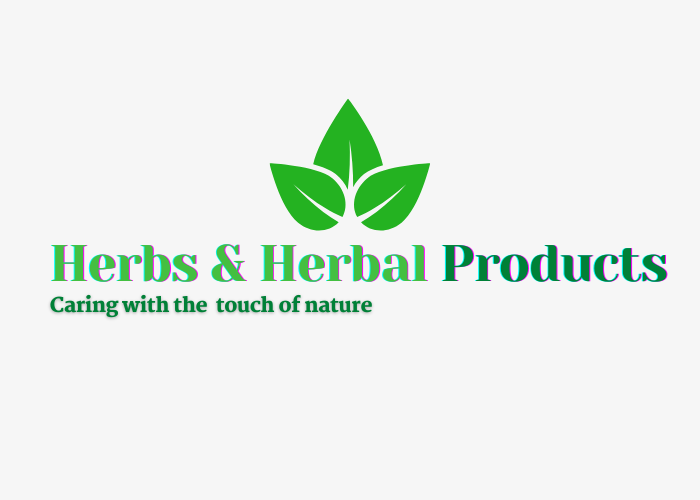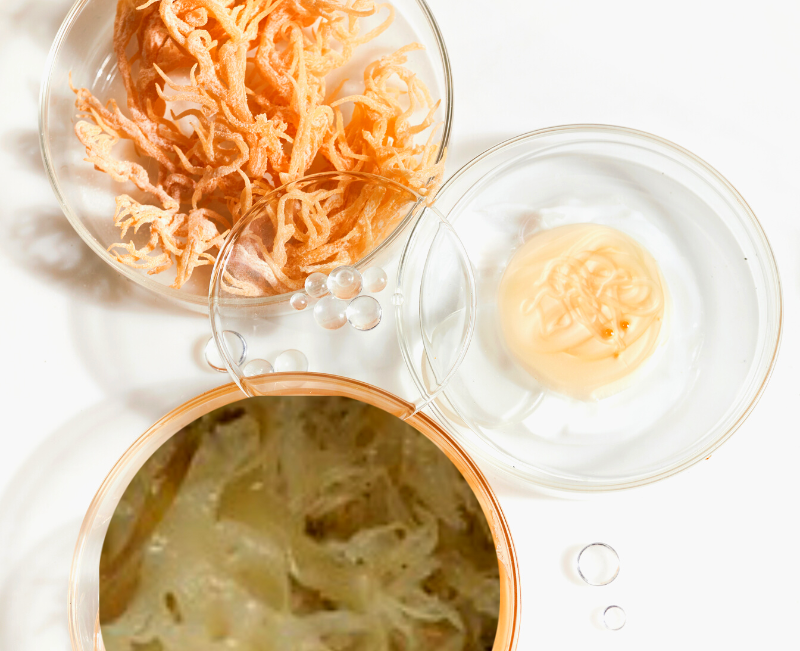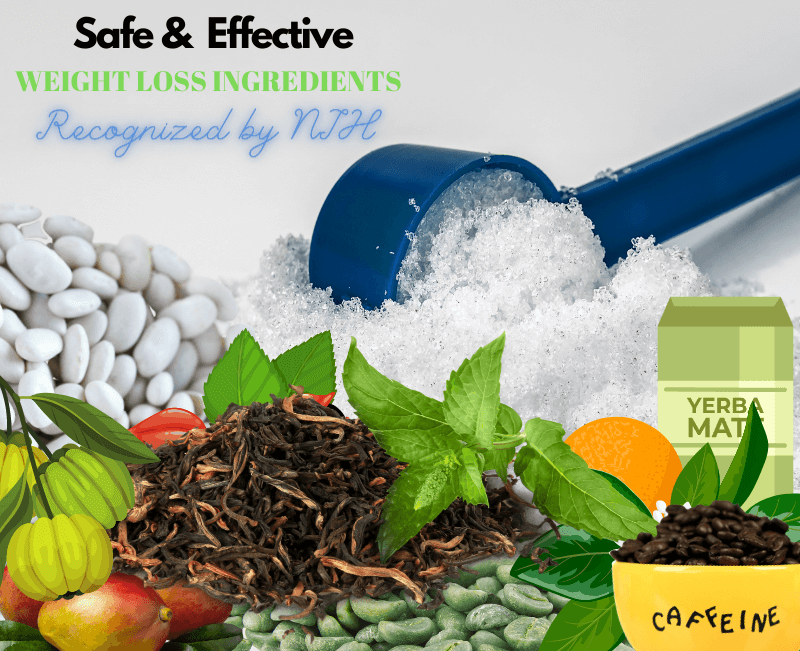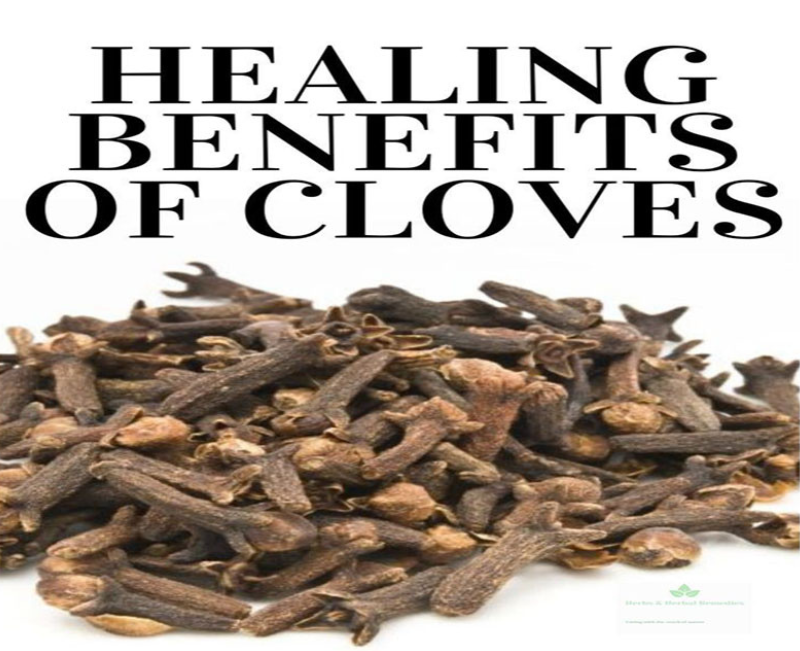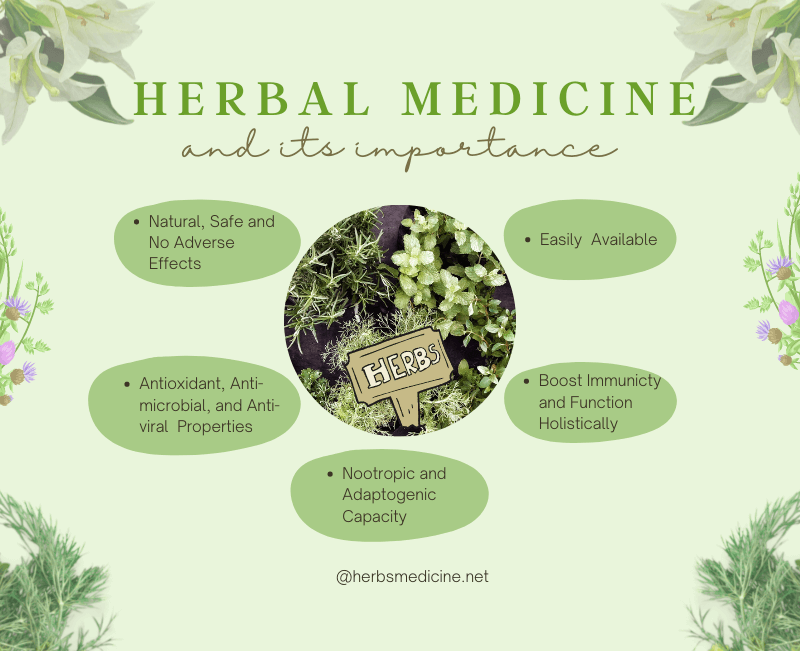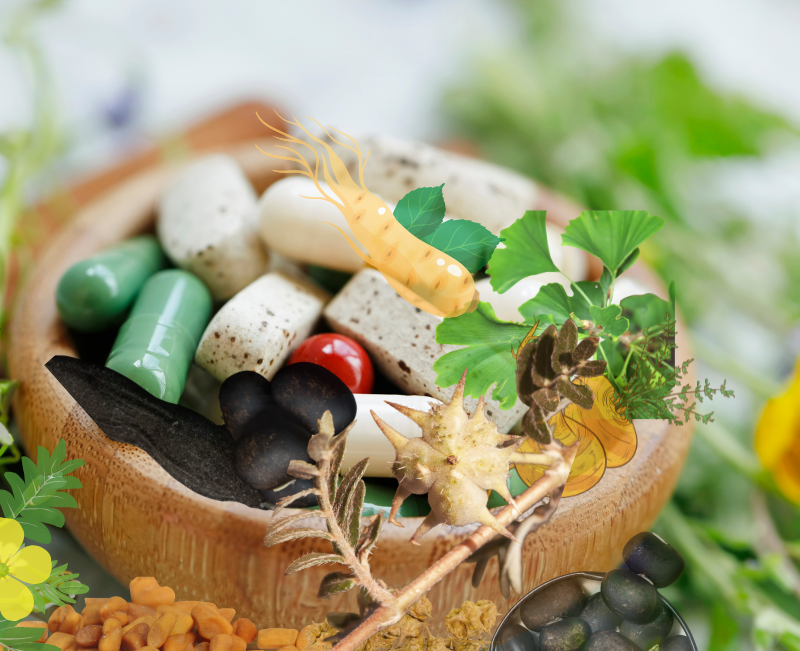
Natural Libido Pills: Boost Your Sex Drive with Nature’s Power
Are you looking for an exceptional way to boost your libido without synthetic medications? If so, you may want to consider using natural libido pills. These herbal supplements are made with all-natural ingredients and can help increase your sex drive safely and effectively. In this article, we will discuss what natural libido pills are, how they work, and the benefits they can provide. We will also list our top five picks for the best natural libido pills on the market. Keep reading to learn more!
What are Natural Libido Pills, and How Do They Work?
Many men suffer from low libido at a certain point in their lives. There can be some causes, ranging from stress to medication side effects. For some men, a low libido can be a source of great distress. Fortunately, natural libido pills are available to help improve sexual desire.
Natural libido pills typically contain a blend of herbs and other natural ingredients that have been depicted to boost sexual desire. For example, one common ingredient is Tribulus Terrestris. This herb has been used for many years in traditional Chinese medicine to treat erectile dysfunction and low libido. In addition, ginseng is another popular ingredient in natural libido pills. This herb is thought to increase energy levels and reduce stress, which can contribute to a healthy sex life.
You must speak with your doctor if you’re interested in trying natural libido pills. While these supplements are generally safe, they may interact with certain medications. Once you’ve got the green light from your doctor, you can start exploring the options available and find the supplement that works best for you. With regular use, you may notice an increase in your libido and overall sexual well-being.
The Benefits of Taking Natural Libido Pills
There are many benefits to taking natural libido pills. For one, they can help to improve sexual function and increase libido. They can also help enhance sexual energy and stamina, as well as increase blood flow to the genitals. Natural libido pills can also help reduce anxiety and stress, which can majorly cause low libido. Additionally, they can help to improve overall health and well-being. Natural libido pills can provide a wide range of benefits that can enhance sexual function and increase libido.
How to Choose the Right Natural Libido Pill for You?
With so many different natural libido pills on the market, it can be very difficult to know which is correct. Here are a few excellent things to consider when making your decision:
- First, question yourself about what you want to achieve. Do you want to increase your sex drive, or are you looking for a way to improve your performance in the bedroom? Different pills focus on other areas, so choose one that will meet your specific needs.
- Second, consider your budget. Natural libido pills can vary widely in price, so it’s essential to find one that fits your budget. There’s no need to overspend on something that may not work for you, so be sure to research and compare prices before making your final decision.
- Finally, take the time to read reviews. This is one of the excellent ways to get an idea of whether or not a particular pill will be effective for you. Be sure to read both positive and negative reviews, and look for any red flags indicating a product is not worth your time or money.
By following these simple tips, you can be confident that you’ll find the right natural libido pill. With some research, you can soon enjoy improved sexual health and more active sex life.
Where to Buy Such Pills?
When it comes to boosting your libido, a few different options are available to you. You can try synthetic pills that contain chemicals, or you can go the natural route and take herbal supplements. You have a few options if you’re interested in buying natural libido pills. Health food stores are an excellent place to start, as they typically carry a wide range of supplements. You can also find natural libido pills online, though it’s important to research to ensure that you’re buying from a reputable source. Finally, your doctor can recommend a specific supplement for you. By exploring your options, you can find the best way to boost your libido naturally.
Reference
- Pellow, J., & McGrath, L. (2016). Herbal medicine for low sexual desire in menopausal women: A clinical review. Complementary Therapies in Clinical Practice, 25, 122–129. https://doi.org/10.1016/j.ctcp.2016.09.007
